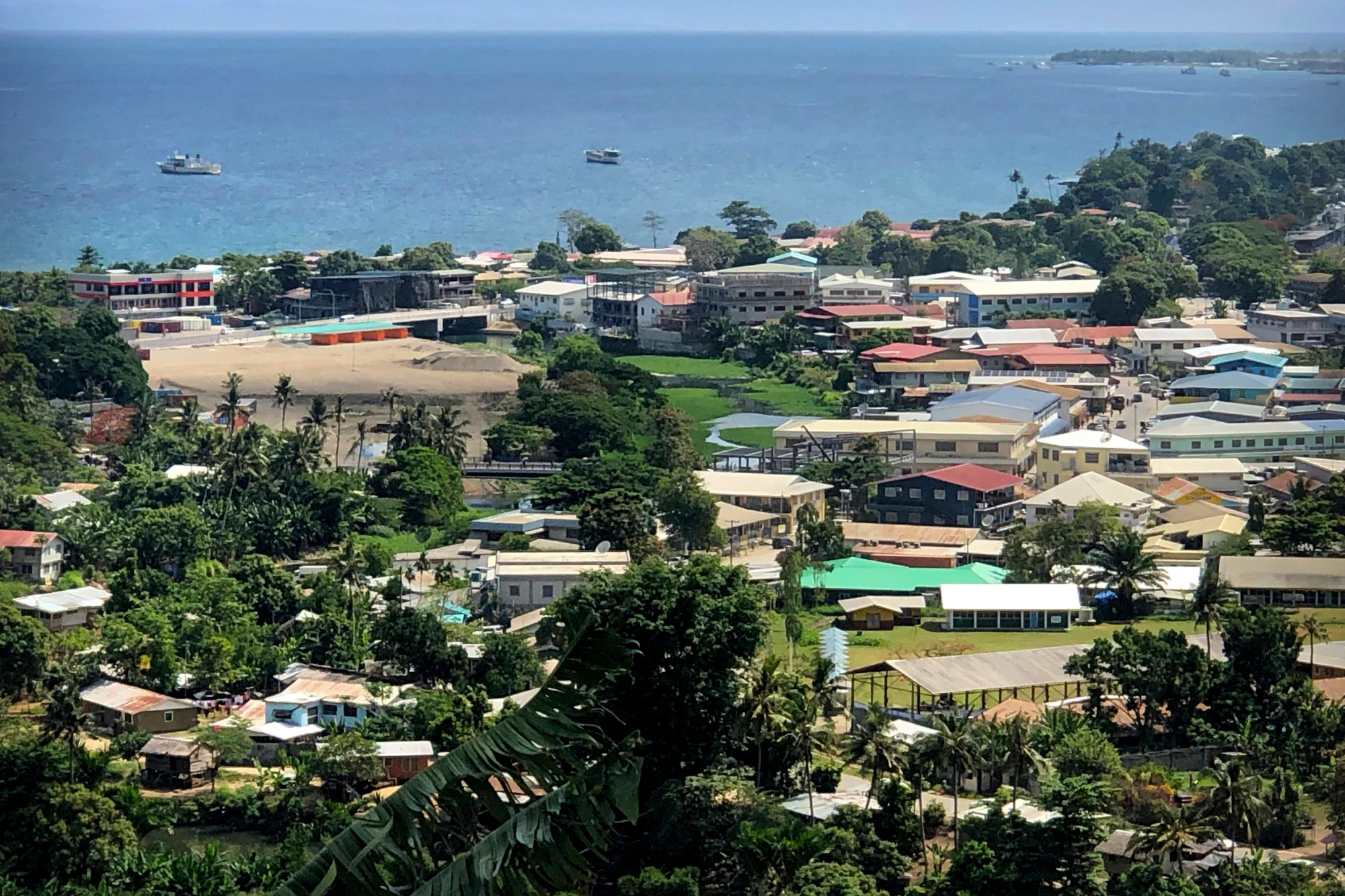Regional media has emerged as a new front in the contest between the US and China in the Pacific, as Washington said it will support “free media” while warning of the dangers of Beijing’s efforts to manipulate information around the world.
During a visit to countries in the Indo-Pacific in October, the U.S under secretary for public diplomacy and public affairs, Elizabeth Allen, said Washington was “prioritising the support of independent media” across the region.
Speaking to the Guardian in Sydney, Allen said the support would take “different forms’’ and the U.S would look to partner with media sectors in the Pacific.
“As part of advocating for a free and open Indo-Pacific, we are going to advocate for free media across the region,” she said, adding independent media is “critical to any democracy”.
“We’re certainly looking to partner with media sectors across the region, and giving them more support,” Allen said.
Her comments come amid a wider battle for influence between Washington and Beijing in the Pacific. The U.S has been criticised for being largely absent as a partner in the Pacific for decades, but in recent years it has significantly stepped up its presence, scrambling to open embassies and conducting high-level visits in the region.
The U.S already provides access to wire services such as Associated Press to newsrooms in several Pacific countries. Allen said the U.S would continue to look for opportunities to encourage independent journalism, which may include “how to create access outlets like AP, AFP wire services … to make sure that they’re getting access to objective editorially sound information.”
Allen’s visit follows rising anxiety about China’s ambitions in the Pacific. In 2022, Beijing rattled Western countries by securing a security pact with Solomon Islands. In May, the U.S struck a defence cooperation deal with Papua New Guinea, a country just north of Australia seen as strategically significant.
U.S president Joe Biden hosted Pacific leaders at a summit in Washington in September, pledging more aid to the region. Solomon Islands prime minister Manasseh Sogavare, now closely aligned with China, skipped the talks and said the U.S must change its strategy when it came to meeting Pacific leaders and stop “lecturing” them. China’s president Xi Jinping has argued his country’s outreach to Pacific countries is based on respect for those nations’ “sovereignty and independence”.
Shailendra Singh, head of journalism at the University of the South Pacific, said the media was “central to the big power contest in the region.”
“All the countries jostling for influence are wooing the media, one way or another to win Pacific citizens’ hearts and minds because this can influence government decisions, at least to some extent,” Singh said.
Earlier this year several newspapers in Solomon Islands were accused of compromising their independence in return for resources from China.
“China is certainly very active,” Singh said, while Canberra and Washington have been “a bit slower coming to the party.”
During Allen’s visit, which included stops in Fiji and Vanuatu, the under secretary launched the Pacific hub for the Digital Communications Network (DCN). The DCN, an NGO supported by the US state department, is described as a collaborative platform to “address challenges to democracy and the information space.”
“We are focused on free media and the information space as evidenced by the Digital Communications Network,” Allen said.
She said misinformation and disinformation was a “global problem.”
“There’s no country that’s immune to it, including the United States.”
While not naming specific countries that had sought to manipulate information or influence media in the Pacific region, Allen noted a recent report published by the US state department on how China is influencing the information environment around the world.
The report outlined tactics used by Beijing to manipulate information. It states that China “employs a variety of deceptive and coercive methods as it attempts to influence the international information environment” including propaganda, disinformation, and censorship.
Singh said the small media systems of the Pacific face many challenges, which include lagging in emerging technologies, as well as being vulnerable to disinformation and manipulation.
“The U.S certainly has a role supporting free media in the Pacific to counter illiberalism and shore up democracy,” he said.
SOURCE: THE GUARDIAN/PACNEWS














